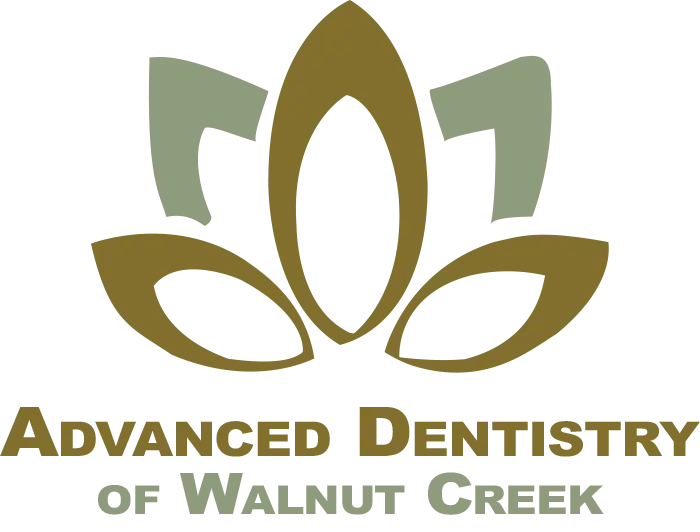How the human body responds to effects of tobacco depends on various aspects of the smoker's anatomy. These aspects include weight, height, age and lifestyle; however, smoking will cause harm if not instantly than eventually.
Tobacco is an addiction, period. There are no “safe doses” for the use of this harmful compound. The most popular side effects of tobacco use may be lung cancer, respiratory disorders and asthmas, etc. but, it is not just limited to this. Smoking will damage your lungs, your teeth, and your cardiovascular health and even become the cause of tuberculosis.
The habit of smoking and teeth
The effects of smoking on teeth are primarily ignored in lieu of the more visible and detrimental side effects. But smoker's teeth will eventually be affected by the constant exposure to smoke and tobacco. How so? The initial symptoms of tobacco-related damage to teeth include:
- Bad breath/ odor
- Extended healing times after dental surgery
- Extremely discolored and stained teeth
- At high risk of contracting oral cancer
Despite understanding the obvious risks involved in continuing this habit, smokers find it extremely difficult to quit. Besides being aware of the possible negative results this habit can cause patients often are unaware of its severe effects on their oral health and the contribution of smoking to dental diseases and oral cancer.
Smoking reduces the immunity of the oral cavity to viruses and infections. After constant exposure to smoke and tobacco, the mouth is left defenseless against potential risks.
The human mouth is designed to maintain a cleaning mechanism which prevents tartar and plaque buildup, this protects the mouth from infections and tooth decay. But for smokers, there is no defense, bacteria, tartar, and plaque can take root in their dental cavity and continue to expand at an alarming rate.
This is not just limited to the mouth, smoking actual lowers the overall immunity and defenses of the body. This means that your possible oral problems will not stay limited to your teeth and has the potential to enter your bloodstream and cause irredeemable damage.
As the body's overall immunity is low, it is easier for the disease to spread. The grit and smoke from the tobacco causes friction over the teeth and harms the delicate enamel coating to a dangerous extent. Even smokeless tobacco has a similar effect on the overall health of the oral cavity.
Does smoking really cause dental health problems?
Here are survey observations that provide statistical data on the likelihood of a smoker being affected by dental disease:
- More than 16% of smokers are affected by severe dental diseases; this number is 4 times higher than the average population being affected by dental disease.
- More than 50% smokers avoid dental checkups each year
- More than 1/3rd of smokers are suffering from at least three types of dental problems
Besides this data, there are several other side effects of smoking on teeth that may not seem severe at first. But, dental health is often an indication of a more severe health issue than most people realize.

